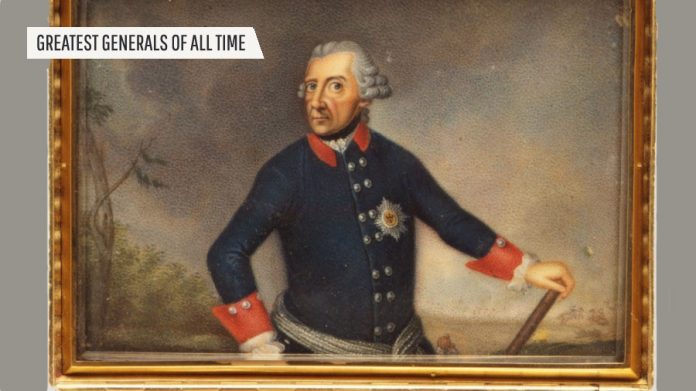War. It’s a dangerous business. But do you know what else can be a harmful business? Business itself. That’s right. The corporate world is a cut-throat area, with troops of power-suited tycoons and dealers doing battle daily in boardrooms across the world. It takes steely nerves, a sharp mind, and ruthless passion for making it in modern business, so we know just who to guide us.
Below, we’ve collected up to ten of the most revered, respected, and successful military minds of the past thousand years for inspiration. These were men who ended wars, destroyed empires, and whole reformed nations. So take their ethical codes and life lessons and apply them to your own life.
For the best generals selected of all time, our top ten picks are here.
10. Alexander the Great

Alexander had been a brilliant strategist, as discussed before, but because his life was cut short and his data were drawn only by nine fights, he left the model with little to focus on. It is even higher than other figures, including Shogun Tokugawa from Japan, Erwin Rommel from the German Field Marshal (German Field Marshal), and Stuart of the General Confederate J.E.B. It is worth noting that the average W.A.R. of Alexander per combat is higher on the list.
At the edge of the earth and on the Great Outer Sea, Alexander attempted to conquer India in 326 BC and won the Battle of Hydaspes by King Porus and the dynasty there of Kauravas. He turned against the demands of his homesick soldiers, who died in Babylon in 323 BC. He did not succeed in carrying out a series of plans which started with an invasion of Arabia. A string of civil wars ripped his reign apart in the years after his death.
| Born: | July 21, 356 BC, Pella, Macedon, Ancient Greece |
| Died: | 10 or 11 June 323 BC (aged 32), Babylon, Mesopotamia |
| Service Year: | 336 to 323 B.C. |
| Nationality: | Macedonian |
9. Georgy Zhukov
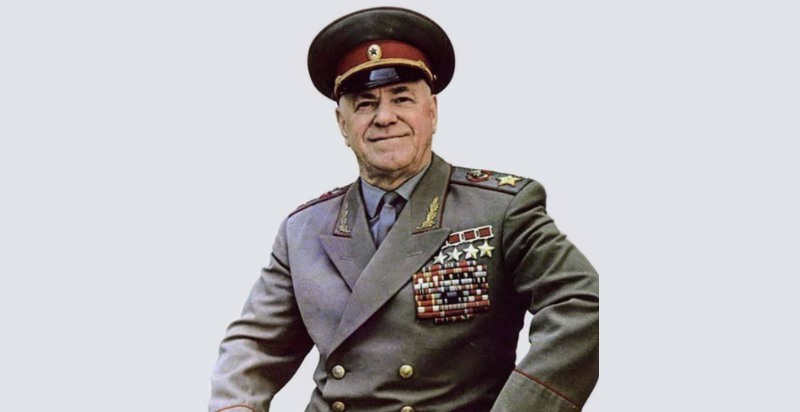
Zhukov has one fight more than Alexander’s, and the Macedonian squeaks his total ranking. Interestingly enough, he is much, far above Gen. Douglas MacArthur and Jubal Early John Bell Hood, Confederate General.
After the Soviet Union invasion by Germany, Zhukov lost his post as chief of staff. Later, Leningrad, Moscow, and Stalingrad were organized to save them. He was involved in many major offensives, including the Kursk Battle and the Bagration Operation. He took part in the Vistula–Oder Offensive and the Battle of Berlin in 1945. The outcome was the fall of Nazi Germany and the end of the war in Europe. Zhukov also led to the 1st Front in Belorussia.
| Born; | Georgy Konstantinovich Zhukov 1 December 1896, Strelkovka, Russian Empire |
| Died: | June 18, 1974 (aged 77) Moscow, Russian SFSR, Soviet Union |
| Service Year: | 1915–1957 |
| Nationality: | Russian |
8. Frederick the Great
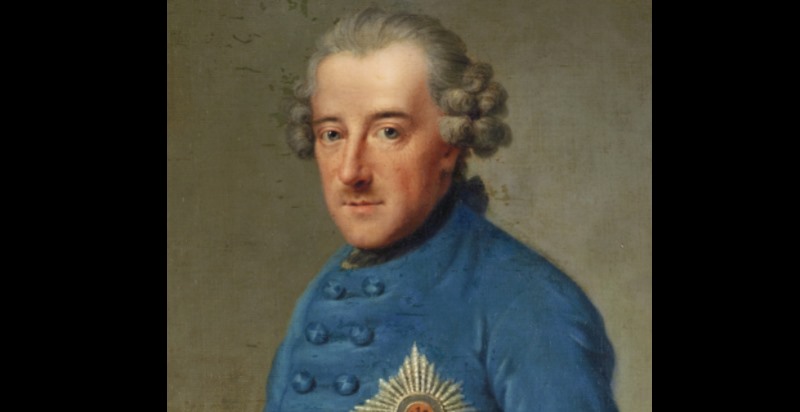
The enlightened Prussian king has won the 8th position on this list for over 40 years and commando forces in about 14 wars across Europe. His overall combat was still smaller than that of Alexander, but he was a greater tactician in general. He advocated illuminated absolutism and declared that the emperor should be the first state servant.
He revamped the judiciary and allowed non-noble men to become judges and senior bureaucrats. In addition, Frederick allowed people of different nationalities and religions to migrate to Prussia, while in western Prussia, he took oppressive actions against Catholic Poles. Frederick promoted humanities, philosophers, and the freedom of the press and literature.
| Born; | January 24, 1712, Berlin, Germany |
| Died: | 17 August 1786, Sanssouci Palace, Potsdam, Germany |
| Service Year: | 1740 – 1786 |
| Nationality: | German, Prussian |
7. Ulysses S. Grant

Grant’s leadership of the Union soldiers in the 16 battles won him 7th place on the list—and the presidency of the United States. While his performances on the battlefield are much better than his contemporaries, it must be remembered that his rival in the Civil War, Robert E. Lee, has a poor mark too far below him. Grant was the first president on his retirement to circumnavigate the globe and meet numerous global leaders.
Grant failed to secure a federal appointment for a third term for the Republican presidency in 1880. In his life’s final year, he published a biography, which proved to be a financial hit in the face of drastic financial changes and the death of throat cancer. It was remembered as a sign of national unity at the time of his death.
| Born; | April 27, 1822, Point Pleasant, Ohio, United States |
| Died: | July 23, 1885, Ulysses S. Grant Cottage National Historic Landmark, Wilton, New York, United States |
| Service Year: | 1839–1854 1861–1869 |
| Nationality: | American |
6. Hannibal Barca
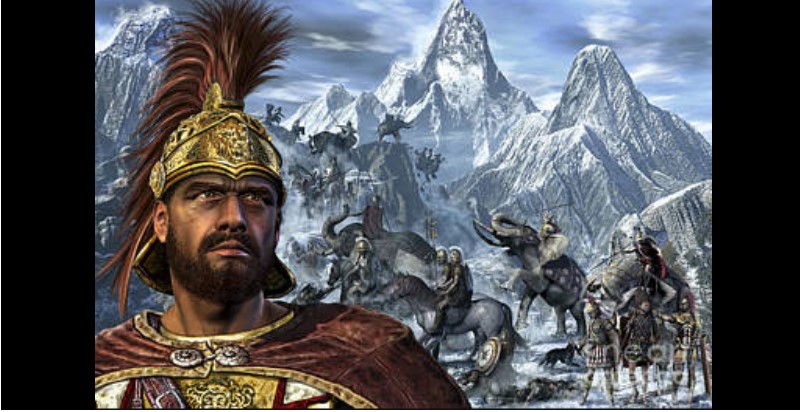
Once caught by Scipio Africanus, Hannibal is thought to have given Scipio his ranking as soon as the two started speaking. He was not far from the facts of his estimation. Alexander the Great and Hannibal both are in the top 10 list a decade later. Hannibal, along with the Philip of Macedonia, Alexander the Great, Julius Caesar, Scipio Africanus, and Pyrrhus, are also the best military tactics of history and one of the greatest commanders of Mediterranean antiquity.
Plutarch says Scipio allegedly asked Hannibal “who was the greatest one,” to which he answered “either Alexander or Pyrrhus, then himself.” Theodore Ayrault Dodge declared Hannibal a “father of strategy” because Roman armies took into one’s diplomatic arsenal aspects of his military tactics.
| Born; | 247 BC Carthage |
| Died: | 183–181 BC (aged 63 – 66) Libya |
| Service Year: | 216 BC |
| Nationality: | Tunisian |
5. Khalid Ibn al-Walid
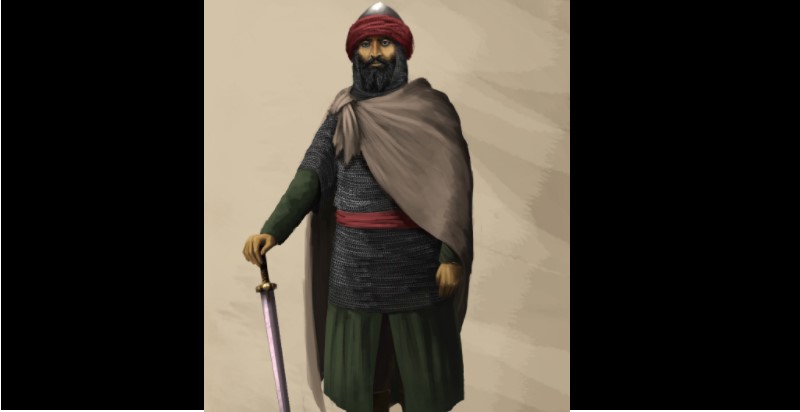
Khalid was a prophet and one of the most competent army commanders of the Islamic Empire. He was undefeated against the Byzantine Empire, the Persians of Sassanid, in 14 battles and contributed to the spread of Islam to the Middle East. His score eclipses even Frederick the Great compared to those who fought similar battles. Khalid is widely regarded by historians as one of the most well-trained and successful generals in early Islam and has until the present day been commemorated in the Arab world.
The Islamic practice gives the accusing of illegally killing Arab tribes who have adopted Islam, including members of the Banu Yajhima, during the lifetime of Mohammed and Malik Ibn Nuwayra during the Ridda war, and fiscal wrongdoing in Syria. Khalid is the accusing of having battlefield strategies, of having successful leadership in early Muslim conquests. Any of the early Muslim converts, including Umar, disrupted his military prominence by fear of developing into a cult of personality.
| Born; | Mecca |
| Died: | 642 Medina or Homs |
| Service Year: | 629–638 |
| Nationality: | Saudi Arabia |
4. Takeda Shingen

Being one of feudal Japan’s strongest military brains is always a great deal because most of you seemed like a military mind, and you could be tested by a duel, being smarter than anyone else. The Tiger of Kai reigned supreme after 18 fights; however, in Japan, none other than Takeda Shingen. Takeda Shingen at 49 was the only daimyō to avoid Oda Nobunaga from rushing to control January with the strength and tactical skills required.
In 1572 he engaged Tokugawa Ieyasu’s troops, arrested Futamata, and went into the battle of Mikatagahara in January where, although he was not victorious, he derailed a group army of Nobunaga and Ieyasu. Since Tokugawa Ieyasu had been defeated, Shingen briefly ceased his progress on account of outside forces.
| Born; | December 1, 1521, Kai Province, Japan |
| Died: | May 13, 1573 (aged 51) Mikawa Province, Japan |
| Service Year: | 1553 |
| Nationality: | Japan |
3. Arthur Wellesley, 1st Duke of Wellington
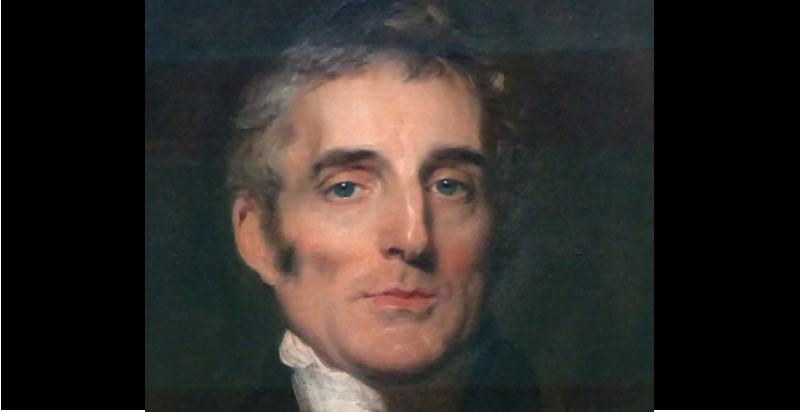
Old Napoleon, Wellington Duke, just had 18, but his W.A.R. the score was far higher than his closest challenger, Takeda Shingen. In 1846, while remaining Commander-in-Chief, Wellington retreated and returned to the spotlight for a short time in 1848 when in the European revolution, he helped organize a force for the military to defend London.
In 1852, at the time very deaf, Wellington was named Derby’s first government. Their first government gave Derby their nickname. On August 31, 1850, he was chief ranger and guardian of Hyde and St James’s parks. In addition, from February 1, 1806, he became Colonel of the 33rd Foot Regiment and from 22 John 1827 colonel of the Grenadier Guards.
| Born; | Arthur Wesley May 1, 1769 6 Merrion Street, Dublin, Ireland |
| Died: | September 14, 1852 (aged 83) Walmer Castle, Kent, England |
| Service Year: | 1787–1852 |
| Nationality: | Anglo-Irish |
2. Julius Caesar

In too many wars as Shingen or the Duke of Wellington, Caesar did not command, but he ranked above because of his fighting strategies. But even Caesar was unable to rise above Alexander’s average per war. The aristocracy attempted to curb its potential influence when Caesar was first elected by allocating the forests and pastures of Italy when its military command post year of office had come to an end.
By helping Caesar’s political partners, the lex Vatinia was secured, and Cisalpine Gaul(Northern Italy) and Illyricum became his governor (southeastern Europe). Transalpine Gaul (southern France) was added at Pompey’s instigation and his father-in-law, Piso, to the Roman rulership of four legions later after the early death of his governor. His governorship was set at five years rather than the normal limit and his immedom from the trial.
| Born; | July 12 or 13, 100 BC, Subura in Rome |
| Died: | March 15 44 BC Largo di Torre Argentina, Rome, Italy |
| Service Year: | 91 to 88 B.C. |
| Nationality: | Roman |
1. Napoleon Bonaparte

The duration of Napoleon Bonaparte’s rule and his exemption from arrest, rather than the normal one, was fixed at five years. Caesar secured the lex Vatinia with the help of political allies and gave him governorate over the Cisalpine Gaul (Northern) and Illyricum (southeastern Europe). Transalpine Gaul (south of France) was inserted after Pompey’s early death and was ordered by four legions at the instigation of his law-in-law, Father Piso.
The modern world was affected extensively and strongly by Napoleon’s liberal reforms, especially in the low countries, Switzerland, and vast areas of modern Italy and Germany, which he invaded and controlled. In France and throughout Western Europe, he adopted fundamental liberal policies. The Napoleonic Code has been particularly influential in its long-term legal achievement. Meritocracy, equitable treatment over rights, property rights, religious tolerance, modern secular education, and sound finances, and so on.
| Born; | August 15, 1769 Ajaccio, Corsica |
| Died: | May 5, 1821 (aged 51) Longwood, St. Helena |
| Service Year: | 1779–1815 |
| Nationality: | French |
Conclusion!
We have spent 3,000 years in history recognizing “standing” military commanders who helped build the world in which we live today through battles, effects on fighting at their respective times, or major contributions.
Some leaders are better known for a major fight, such as Leonidas in Thermopylae and Alexander Nevsky in Peipus lake. Others on the list, including Alexander the Great and Napoleon, are known in many meetings and campaigns for their continuous excellence.
